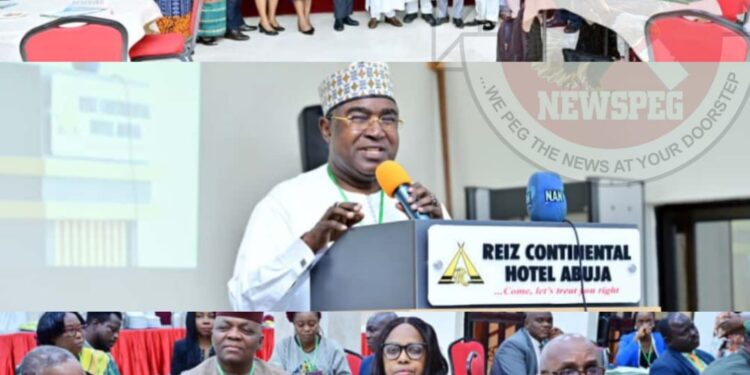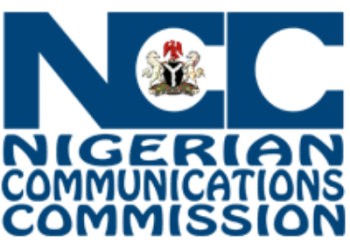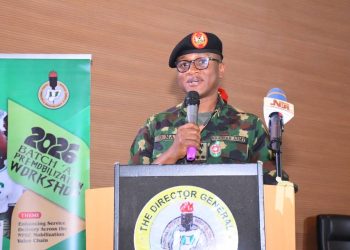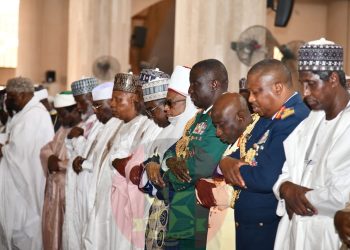By Nkechi Eze
Nigeria and Qatar have taken a major step in strengthening their collaboration against the global menace of illicit drug trafficking with the symbolic exchange of instruments of ratification between the two nations. The exchange was conducted between the Chairman and Chief Executive Officer of the National Drug Law Enforcement Agency (NDLEA), Brigadier General Mohamed Buba Marwa (Rtd), and the Ambassador of the State of Qatar to Nigeria, Ali Bin Ghanem Al-Hajri.
According to an official statement signed by the Director of Media and Advocacy, NDLEA, Femi Babafemi, the exchange follows the historic signing of a Memorandum of Understanding (MoU) between President Bola Ahmed Tinubu and the Emir of the State of Qatar, Sheikh Tamim bin Hamad Al Thani, on March 3, 2024, in Doha. The MoU focuses on cooperation in combating the illicit trade in narcotic drugs, psychotropic substances, and their precursors — a landmark step aimed at strengthening international collaboration in the global fight against drug trafficking.
Speaking at a brief ceremony held at the Qatar Embassy in Abuja on Tuesday, October 7, 2025, Marwa expressed deep appreciation for Qatar’s steadfast partnership and commitment to tackling what he described as “a major threat to public health and global security.”
He reaffirmed the NDLEA’s determination to sustain active collaboration with its counterpart agencies in Doha, stressing that both nations share a collective responsibility to safeguard their people and territories from the devastating effects of drug abuse and illicit trafficking.
“The NDLEA remains committed to working closely with the State of Qatar to protect our people and our countries from the threat of substance abuse and illicit drug trafficking,” Marwa said. He revealed that over the past four years, the NDLEA has intercepted more than 1,000 kilograms of cocaine, heroin, methamphetamine, cannabis, and other narcotics destined for Qatar, underscoring the scale of the problem and the agency’s vigilance.
While commending the government of Qatar for its peacebuilding efforts and its global humanitarian interventions through the Qatar Foundation, the NDLEA Chairman used the opportunity to seek the Foundation’s support in expanding Nigeria’s capacity for drug rehabilitation and treatment. He appealed for assistance in establishing and equipping modern rehabilitation facilities across the country to help restore victims of drug addiction to productive living.
In his response, Ambassador Ali Bin Ghanem Al-Hajri welcomed the strengthened partnership and assured Marwa that he would formally present the NDLEA’s request to the Qatar Foundation for consideration. He noted that the growing collaboration between Nigeria and Qatar has significantly improved bilateral relations and boosted the frequency of travel and exchanges between both countries.
Ambassador Al-Hajri lauded Nigeria’s commitment to curbing drug trafficking and acknowledged the NDLEA’s consistent record of arrests, seizures, and prosecutions, which he described as a model of determination in Africa’s fight against narcotics.
The strengthened cooperation between Nigeria and Qatar, both sides affirmed, will not only enhance intelligence sharing and enforcement synergy but also promote global efforts to curb the illicit drug trade while supporting prevention, treatment, and rehabilitation initiatives.
Through this renewed alliance, Nigeria and Qatar reaffirm their shared vision of a safer, healthier, and drug-free world.
















